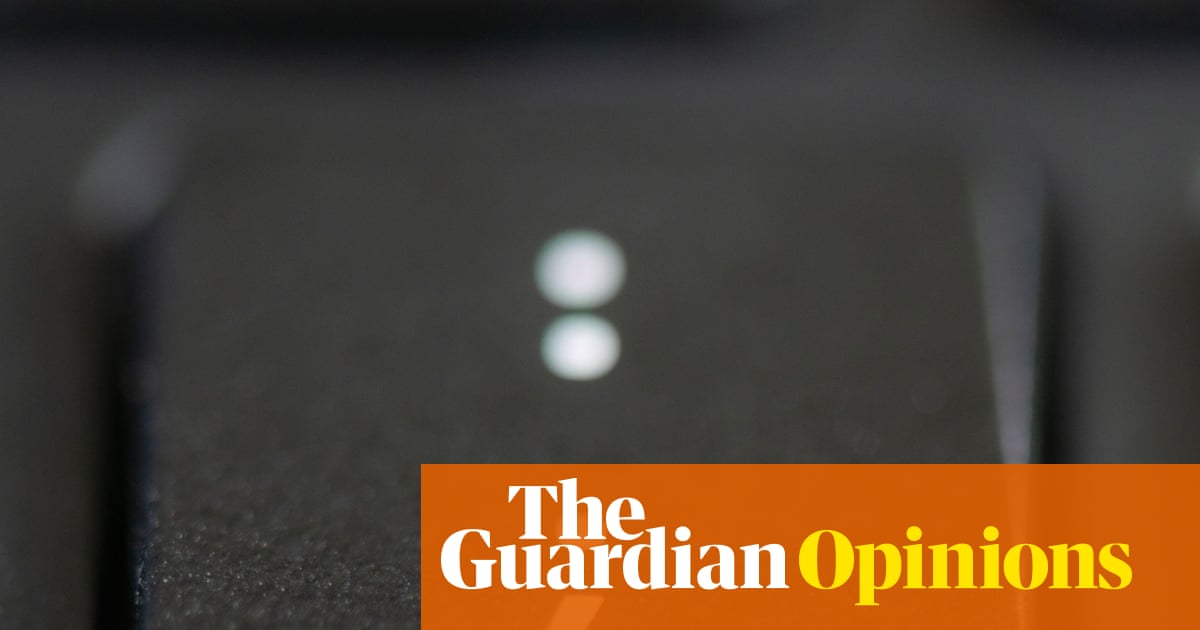
"Is there any punctuation mark more divisive than the humble semicolon? It has, I'll admit, some strong competition. The use of exclamation marks (particularly by women) makes some people very excitable. The Oxford comma has sparked vigorous debate among friends, family and internet strangers. More recently, ChatGPT's apparent proclivity for the em dash has caused consternation among em-thusiasts, who are terrified they'll be accused of using AI."
"Abraham Lincoln was among the former; he once described the semicolon as a useful little chap. Meanwhile, Kurt Vonnegut (hater) called them transvestite hermaphrodites representing absolutely nothing. All they do is show you've been to college. (If Kurt had been to a college campus recently, he'd know you couldn't talk about transvestite hermaphrodites without getting cancelled.) For most of my life, I was agnostic about the semicolon."
The semicolon, introduced by Aldus Manutius in 1494, remains a polarizing punctuation mark with passionate supporters and detractors. Opinions range from Abraham Lincoln's praise calling it a useful little chap to Kurt Vonnegut's dismissal as transvestite hermaphrodites representing absolutely nothing. Modern punctuation debates also involve exclamation marks, the Oxford comma, and the em dash. Semicolon usage in British English books has fallen nearly 50% over the past two decades according to Babbel, and 67% of British students rarely use it. Some view semicolons as pretentious, while others continue to embrace them for nuance.
Read at www.theguardian.com
Unable to calculate read time
Collection
[
|
...
]